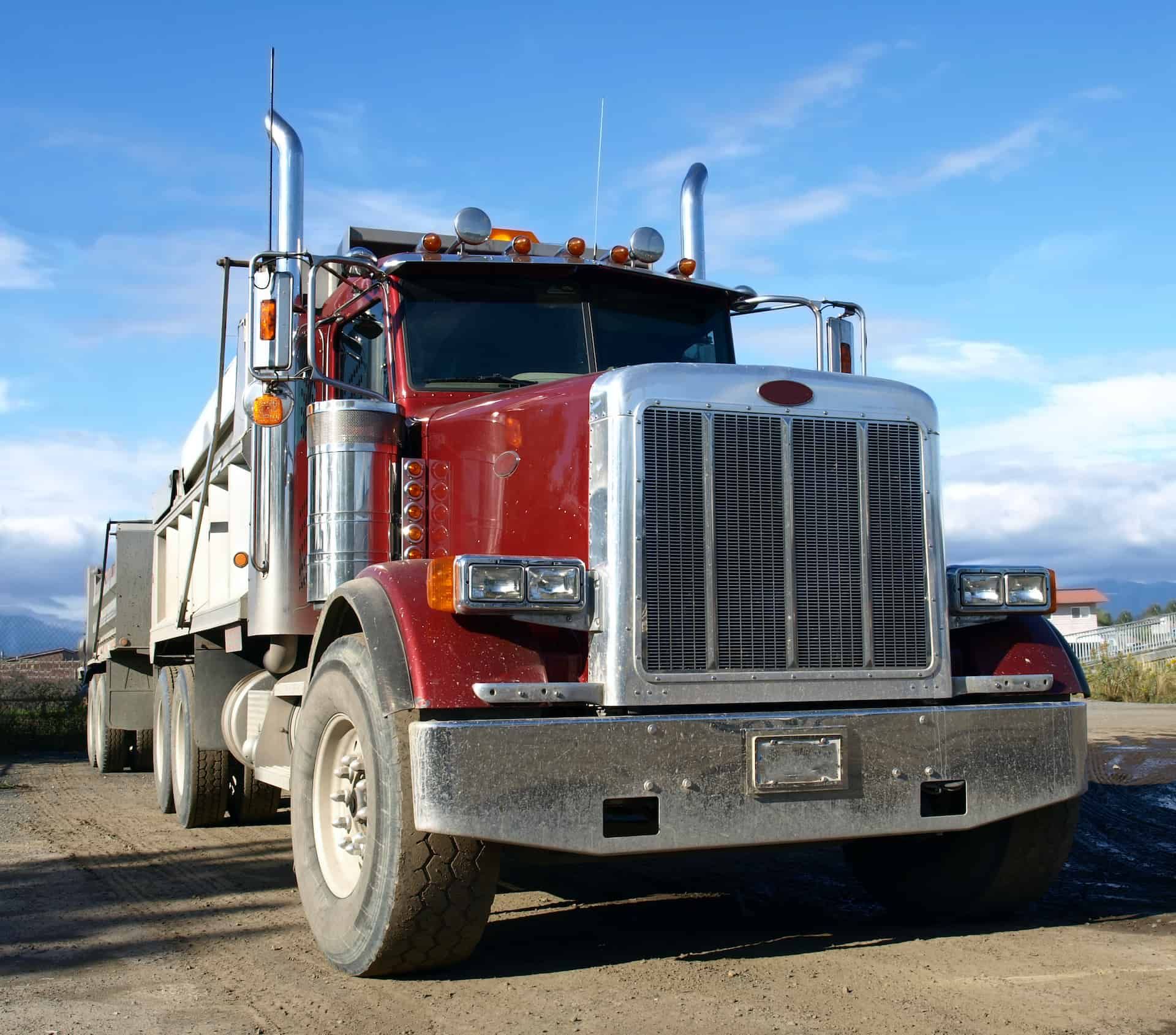
4.8 Average on Google


Columbia Truck Accident Lawyer
You were following all the traffic laws when a tractor-trailer driver made a mistake that caused a collision. Now, you’re dealing with painful injuries and have to worry about your financial situation as well.
It’s overwhelming to deal with pain and medical care while also managing an insurance claim or personal injury lawsuit against a truck driver or company. That’s why it’s a good idea to work with a lawyer who understands the law and how to get the most compensation for what you’ve been through. If you have been hurt in a crash with a tractor-trailer, it’s time to reach out to our Columbia Injury Law Firm for help with your case.
Types of Tractor-Trailer Accidents in Columbia
There are different kinds of tractor-trailer accidents that a truck driver could cause.
These may include:
- Commercial trucking accidents caused by a big rig that jackknifes
- Rollover collisions
- Head-on 18 wheeler collisions
- Drunk driving collisions
- Jackknife accidents
- Crashes caused by driver fatigue or mistakes.
Below are some of the most common types of truck crashes that you may see with an injury claim.
Accident Caused by a Spilled Load
The first kind of truck accident is one caused by a spilled load. Truck accident injuries could include crushing injuries, injuries from chemical spills, and more. Spilled loads may also enter the roadway and cause collisions related to the debris. When the load includes wildlife or farm animals, there could be significant losses with a higher risk of a pile-up.
Head-on 18 Wheeler Collision
A head-on car accident may happen if a tractor-trailer goes over the middle line and hits another vehicle. Head-on collisions may involve oncoming traffic as well as traffic at intersections. For example, if the tractor-trailer driver turns into the wrong lane at an intersection, they could hit a parked driver head-on.
Jackknife Tractor-Trailer Accident
A trucking company may be at fault when a truck driver causes a jackknife accident. With this kind of accident, the truck’s trailer swings forward faster than the cabin, which causes the driver to lose control.
Rear-End Truck Collision
A rear-end crash with a large truck may occur if truckers suddenly slam on their brakes or collide with the rear of another vehicle due to distractions or vehicle malfunctions. These crashes are easily avoided by performing regular maintenance on a semi, slowing down, and paying attention to traffic.
Rollover Tractor-Trailer Accident
A rollover tractor-trailer crash happens when truckers lose control of their commercial vehicles, which results in the vehicle rolling over. Rollover crashes are more likely when the winds are high or when a driver is speeding more quickly than they should for the conditions or weight of their vehicle.
Causes of Tractor-Trailer Accidents in South Carolina
Many kinds of crashes may result in losing a loved one or injuries to yourself or others. Three of the leading causes of a motor vehicle accident include distracted driving, driving while fatigued, and drunk driving.
The Federal Motor Carrier Safety Administration has Hours of Service regulations that all drivers and trucking companies must abide by. Violating the FMCSA’s rules is against the law. The FMCSA Hours of Service regulations were last updated in Sept. 2020.
Distracted Driving
Distracted driving may result in a crash due to not paying attention to the road. Distracted driving may include changing a radio station, talking on a cell phone, talking with passengers, rubbernecking, or texting.
Distracted driving may take your eyes off the road, hands off the wheel, or attention off what you’re supposed to be doing: Driving. Unfortunately, all of these distracting actions can lead to a collision.
Driving While Fatigued
Driving while fatigued may lead to serious injuries if the driver falls asleep behind the wheel. They will not be awake to prevent a crash or to maneuver to avoid injuries. The FMCSA has Hours of Service regulations in place to require that all truck drivers get enough rest to be sure they are driving safely when they’re behind the wheel. A violation of those HOS regulations can lead to liability for the driver and their employer.
Drunk Driving and Driving Under the Influence
Another common cause of truck accident cases is drunk or drugged driving. Auto accident injuries in drunk driving cases can be severe. It’s illegal to drive a commercial vehicle with a blood alcohol concentration of .04% or greater. It is also illegal to drive within four hours of drinking alcohol or if you are impaired by legal or illicit drugs.
Common Injuries in Commercial Truck Accident Cases
Many injuries can occur in a commercial truck accident.
These may include:
- Brain injuries
- Burns
- Spinal cord injuries
- Broken bones
- Emotional distress
- Catastrophic injuries
There may also be other injuries, such as crushing injuries and chemical exposure injuries. Any injury requires immediate medical care and an examination to help those injured start on the road to recovery.
Remember that commercial trucks sometimes carry dangerous materials, which is why there is a heightened risk of burns or fires. You may also have a greater likelihood of being badly hurt or killed in a crash due to the weight of a commercial vehicle. Did you know that the average passenger vehicle weighs only 2,871 pounds? A typical commercial vehicle weighs 20,000 on a single axle, 34,000 for a tandem axle, or up to 80,000 for the full gross vehicle weight. Such a major weight discrepancy is why it’s much more likely for passenger vehicle occupants to be severely injured if they’re involved in a crash with a large truck.
Who’s Liable for a Truck Accident in Columbia?
Determining who is liable for a truck accident after a South Carolina truck accident will depend on the cause of the crash. However, if the truck driver made an error that led to a crash and injury cases from truck accident victims, then they, and potentially their employers, could be held liable.
Compensation Available to 18-Wheeler Crash Victims
There are a few types of damages available for victims of a truck crash. Liable parties may be responsible for covering the victims’ legal contingency fees, punitive damages, and compensation for medical bills and medical expenses. Your personal injury lawyer will talk to you about the different types of damages available in your case. A Columbia truck accident attorney can discuss the value of your cased with you based on factors such as your:
- Medical bills
- Need for physical therapy
- The value of the insurance plan offered through the insurers
- Medical treatment that is needed now and in the future
- Non-economic damages, such as a loss of consortium
- Losses due to damages to your vehicle
Passenger vehicles are not intended to stand up to the weight and impact of trucks in trucking accidents. Your personal injury attorney will fight for fair compensation so that your truck accident claim is valued appropriately.
Columbia Truck Accident FAQ
The following are a few common questions that motorists have when making a truck accident claim. Whether you have a personal injury or are dealing with a wrongful death, you deserve the right information when making your claim.
How Long Do I Have to File a Claim for a Semi-truck Accident?
You have limited time to file and should act quickly, but how long you have depends on various factors involved in a truck accident claim. You could be prevented from seeking further compensation if you wait too long, but it’s a good idea to talk to your attorney to find out what your options are no matter how much time has passed.
I Think I Was Partially Responsible for My Truck Accident. Can I Still File a Claim?
One good thing about your attorney-client relationship is that you can talk about your liability in the case and understand where you stand. South Carolina recognizes “modified comparative negligence,” which means that you will have the compensation you could receive reduced by the percentage at which you are at fault for the collision. If you’re 20% at fault, you will only get 80% of the compensation ordered.
Should I Accept the Insurance Company’s Settlement Offer?
It is not a good idea to accept the insurer’s initial insurance settlement offer. Instead, call HawkLaw or make an appointment to get legal advice about the offer.
Before you accept any offer, you need to be sure that it will provide you with the compensation that you will need during your recovery. If the compensation offered is not high enough, then you should not settle. Your personal injury attorney will negotiate on your behalf to try to increase that settlement offer.
If you do accept a settlement, you may limit your ability to collect further compensation if you need it in the future.
Call for a Free Consultation* With a Columbia Truck Accident Lawyer
Were you involved in a truck accident in South Carolina and need more information on your rights? For a free consultation* with a Columbia truck accident lawyer, call HawkLaw Firm at 1-888-HAWKLAW or complete our online contact form today to speak with an experienced truck accident lawyer today.
Visit Our Office
Suite 430
Columbia, SC 29210
John Hawkins is the Founder and CEO of HawkLaw He has been licensed to practice law in South Carolina since his graduation with honors in 1994 from the University of South Carolina School of Law, where he was on the Law Review and Order of Wig and Robe.
-
$3,000,000*SettlementTrucking Accident
-
$1,005,000*SettlementCar Accident
-
$575,000*SettlementPersonal Injury
"*" indicates required fields

